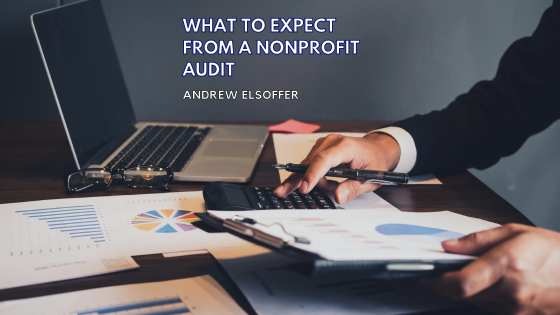For nonprofit organizations, maintaining transparency and accountability is paramount. One crucial tool in achieving this is the nonprofit audit. While the term may sound intimidating, understanding what to expect from a nonprofit audit can demystify the process and help organizations prepare for this essential examination of their financial health.
- Objective Assessment: A nonprofit audit is not an adversarial process but rather an objective assessment of an organization’s financial statements, internal controls, and compliance with regulatory requirements. The primary goal is to give stakeholders confidence in the organization’s financial integrity, including donors and the public.
- Financial Statement Examination: Auditors will meticulously scrutinize the nonprofit’s financial statements, including the balance sheet, income statement, and cash flow statement. This examination ensures accuracy and compliance with accounting standards. Any discrepancies or irregularities are thoroughly investigated to maintain the integrity of financial reporting.
- Internal Controls Review: Auditors will assess the nonprofit’s internal controls, evaluating the systems to safeguard assets, prevent fraud, and ensure accurate financial reporting. Strengthening internal controls fosters transparency and protects the organization from potential risks and mismanagement.
- Compliance Check: Nonprofit organizations are subject to various regulations and legal requirements. Auditors will review the organization’s adherence to these regulations, including tax-exempt status, reporting obligations, and compliance with grant terms. Identifying and rectifying any non-compliance issues is crucial for maintaining the organization’s credibility.
- Donor and Grantor Assurance: Donors and grantors often require assurance that their contributions are used appropriately and effectively. A nonprofit audit provides this assurance by verifying that funds are allocated per the intended purpose, enhancing transparency and trust between the organization and its supporters.
- Recommendations for Improvement: Auditors may provide recommendations for improving financial practices, internal controls, or compliance procedures. These suggestions are not meant to be punitive but rather valuable insights to enhance the nonprofit’s operations and ensure its long-term sustainability.
- Preparation and Cooperation: To streamline the audit process, nonprofit organizations should be well-prepared and cooperate fully with auditors. This includes having organized financial records, documentation of internal controls, and transparent communication with the audit team.
While a nonprofit audit may initially seem daunting, it is an invaluable tool for organizations committed to transparency and accountability. By understanding the objectives of the audit, preparing adequately, and viewing it as an opportunity for improvement, nonprofits can confidently navigate the process. Ultimately, a well-conducted audit reinforces an organization’s commitment to its mission and strengthens the trust of stakeholders in its financial stewardship.

